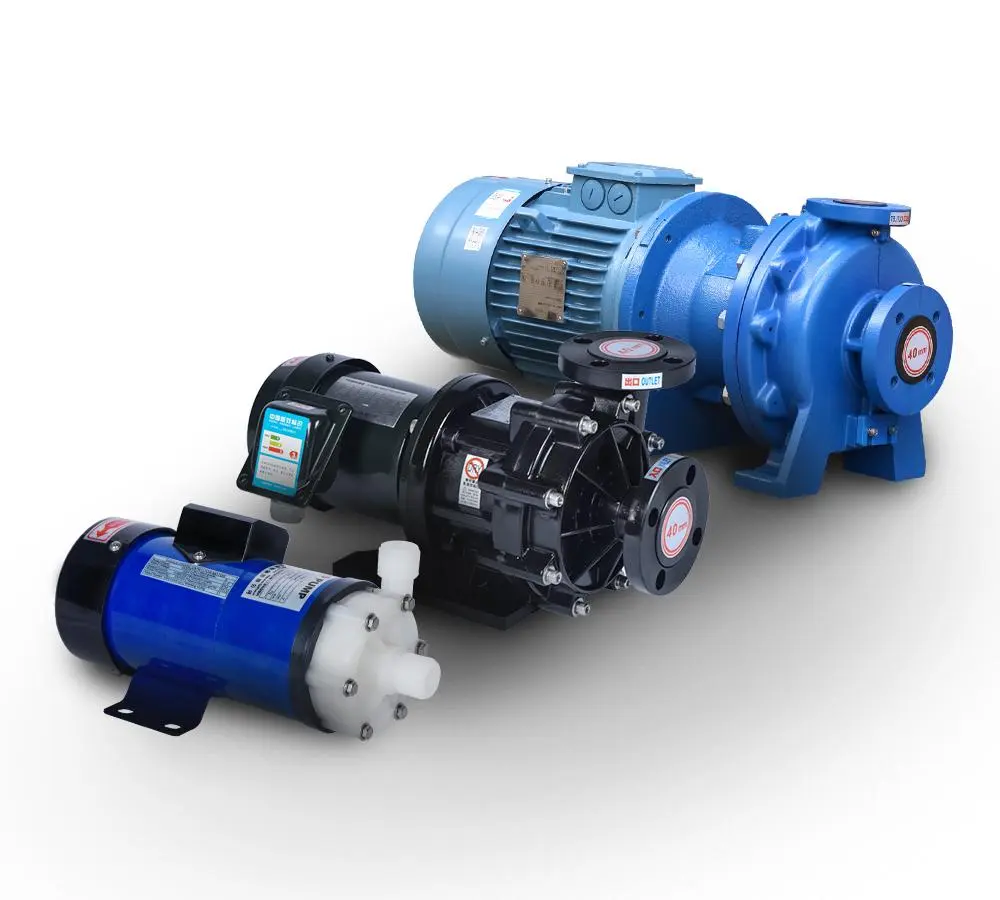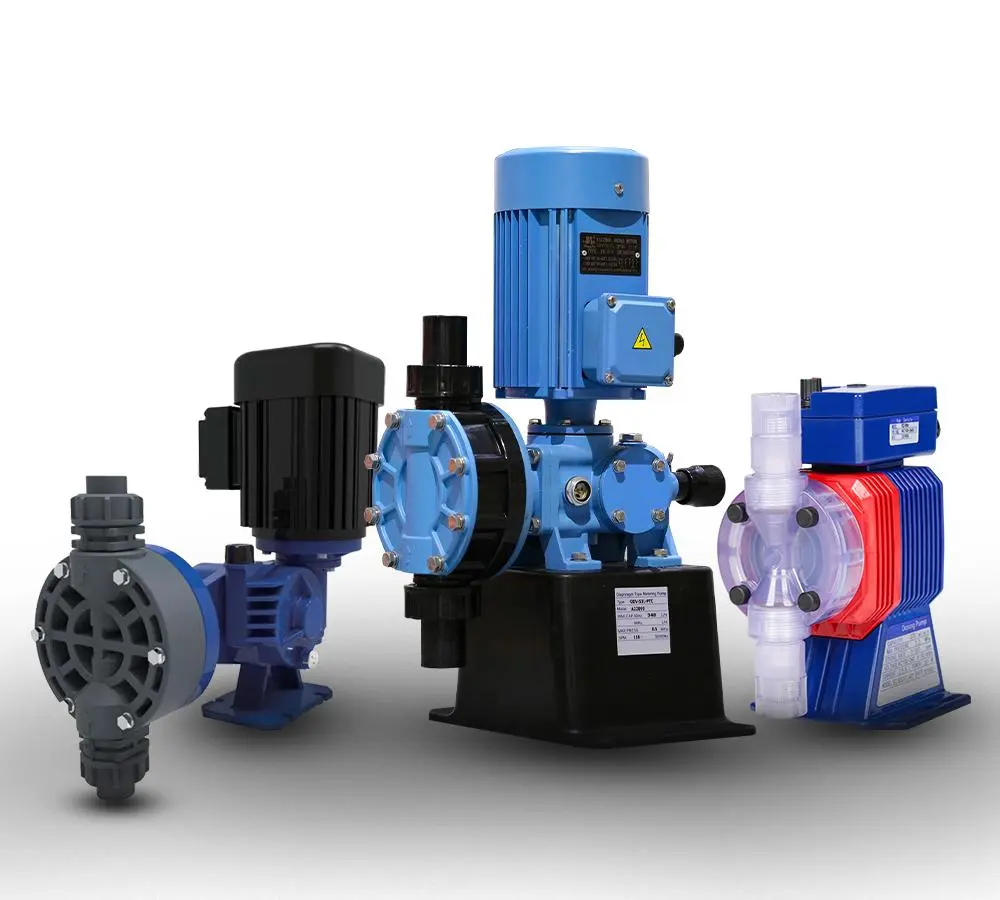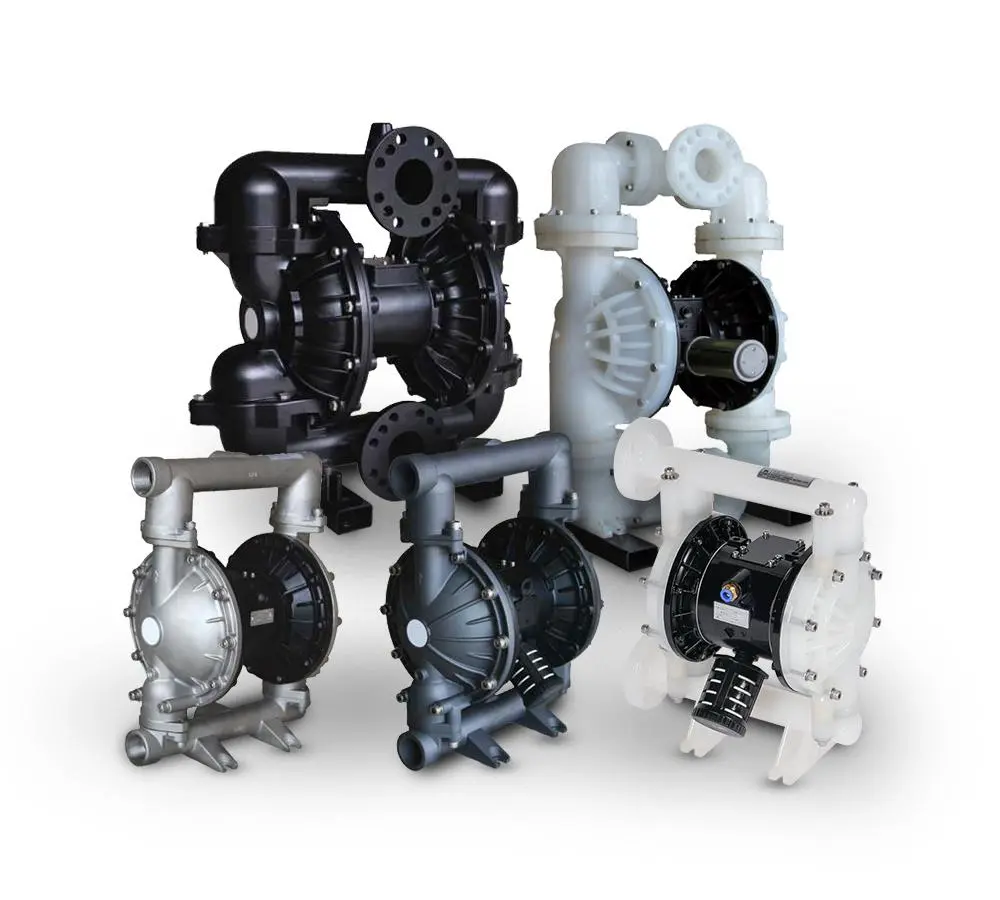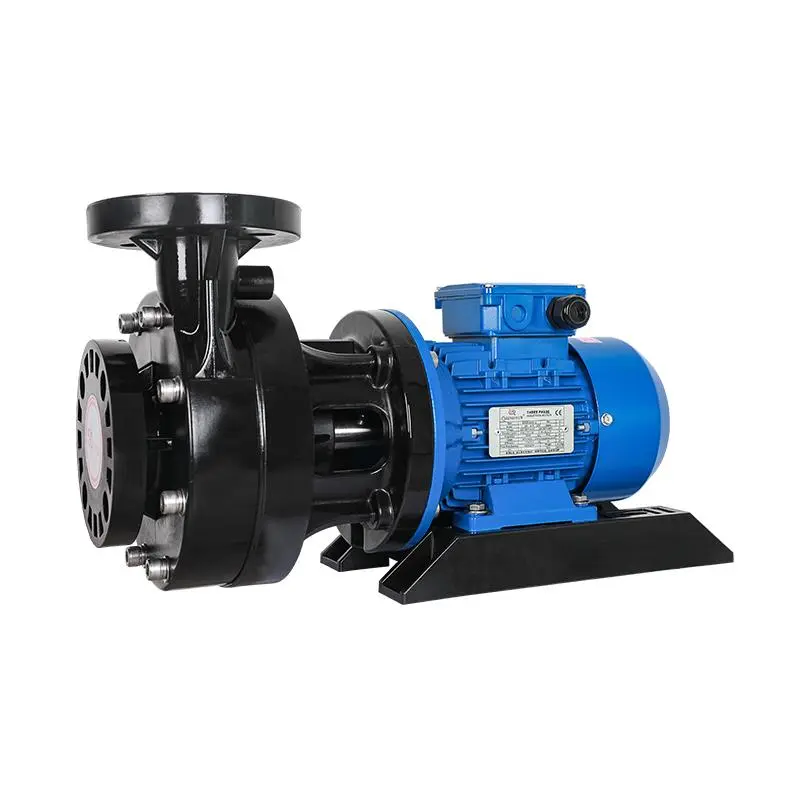The manufacture of new energy cells involves a complex series of processes in which numerous solid and liquid materials are mixed, dissolved and dispersed with each other. In the process of transferring and storing these materials, the stability of the transport is crucial. The cell solution in the battery is highly corrosive, for this type of solution, QEEHUA magnetic pump can well prevent acid and alkali corrosion, and the equipment will not be damaged and leakage in long time operation, using QEEHUA magnetic drive pump, maintenance work is reduced to a minimum, which can well guarantee the continuous operation of the production line.
With the presence of corrosive and hazardous chemicals, abrasive slurries and highly viscous mixtures in the battery manufacturing process, keeping cathode and anode slurries free of contamination (cell material purity) is critical to producing quality battery systems. To help ensure the integrity of the cells, we can use QEEHUA’s pneumatic diaphragm pumps or wear and corrosion resistant centrifugal pumps.
Lithium-ion batteries are the most common type of battery used in electric vehicles. They contain a combination of special materials, such as nickel oxide, cobalt and manganese. The combination of these materials determines the lifetime, energy density and number of charge cycles of the battery. The preparation of these materials requires mixing various solutions in precise quantities. The reactions must be carried out within a specific time frame, at a specific temperature and under stable conditions. The process must be strictly controlled to determine the purity of lithium, nickel, cobalt and manganese. The use of intelligent high-end metering pumps in this process ensures that precise amounts of these materials are dispensed and that the process is precisely reproducible.
New energy/battery industry processes focus on.
Purity of raw materials
Precision metering of raw material solutions
Wastewater treatment
QEEHUA pump series commonly used in the new energy/battery industry

QEEHUA magnetic pump as a battery production anti-corrosion pump, it is a rotary volume pump that realizes the contactless transmission of power through the synchronous rotation of the inner and outer magnetic rotor and converts the dynamic seal into a static seal, it has the characteristics of full seal, no leakage, low flow, high head, corrosion resistance, etc.

Chemical dosing pumps deliver a specific amount of liquid for a defined period of time, resulting in a precise flow rate. High-quality dosing pumps and dosing pump application systems are increasingly valued by battery manufacturers. Only accurate ratios and reliable quality can guarantee the best performance of the finished battery.

Corrosive and hazardous chemicals, abrasive slurries and highly viscous mixtures are present in the battery manufacturing process. The purity of the battery material also needs to be considered and contaminants must be avoided. Air operated double diaphragm pumps (AODD) are not only suitable for the production of lithium battery raw materials, as well as the slurry transfer in the slurry and coating process of positive and negative materials, but also have excellent performance in the transfer of various raw materials and chemicals, as well as wastewater treatment dosing and waste liquid transfer.

In the production of new energy cells, the chemical solution needs to be transported to the designated process, and centrifugal pumps can do this job very well.

